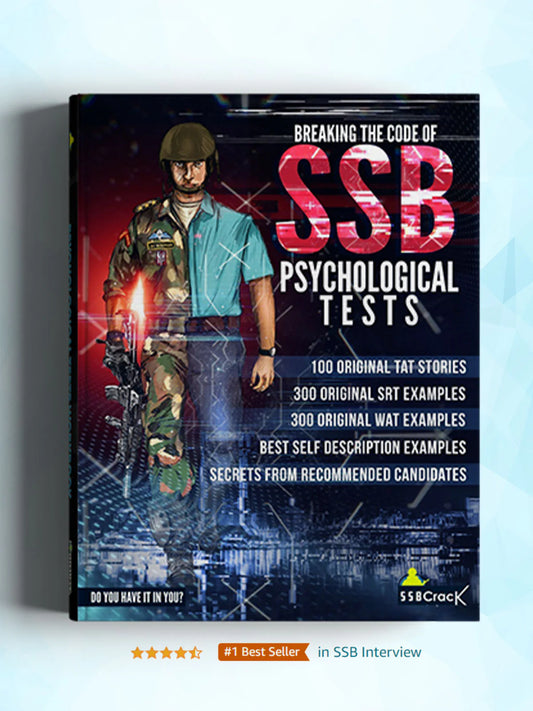How to Prepare for NDA Exam in 3 Months: A Perfect Study Plan

Preparing for the NDA Exam in 3 Months: A Perfect Study Plan
The National Defence Academy (NDA) exam is a prestigious entry point for young aspirants looking to forge their careers in the Indian Armed Forces. Conducted by the Union Public Service Commission (UPSC), the NDA exam not only assesses the candidates' knowledge and skills but also their dedication and perseverance. With the NDA examinations taking place biannually, it often becomes a race against time for many aspirants. With just three months to prepare, devising a strategic study plan can make all the difference between success and failure.
In this article, we will delve into effective strategies, study materials, and a meticulously crafted three-month preparation schedule that could set you on the path to success in the NDA exam.
Historical Context of the NDA Exam
The NDA was established in 1954 with the aim of providing comprehensive training to young individuals aspiring to serve their country in the armed forces. Since its inception, the NDA has evolved into a premier institution that not only imparts military training but also focuses on character development and academic excellence. The NDA exam itself has undergone numerous changes in its syllabus and examination pattern over the years, adapting to the educational needs of each generation while emphasizing leadership and teamwork crucial for future leaders of the Defence forces.
The NDA exam consists of a written test followed by an interview conducted by the Services Selection Board (SSB). The written test predominantly covers subjects such as Mathematics and General Ability, making it vital for aspirants to have a well-rounded knowledge base.
Key Aspects of NDA Exam Preparation
Understanding the NDA Exam Pattern
The NDA exam comprises two papers—Mathematics and General Ability Test (GAT).
-
Mathematics:
- Total Marks: 300
- Duration: 2.5 hours
- Key Areas: Algebra, Trigonometry, Geometry, Calculus, Statistics, and Mensuration.
-
General Ability Test (GAT):
- Total Marks: 600
- Duration: 2.5 hours
- Key Areas: English, General Knowledge (History, Geography, Politics, etc.), and Science.
Both papers are essential, and candidates must score well in each to stand a chance of selection.
Creating a 3-Month Study Plan
A focused study plan can help candidates systematically cover the syllabus. This plan is divided into three distinct phases, each lasting one month, with an emphasis on revisiting weak areas, practicing, and self-evaluating.
Month 1: Foundation and Conceptual Learning
-
Week 1: Familiarization with Syllabus and Exam Pattern
- Understand the types of questions asked in previous years.
- Gather recommended books like the ones from SSBCrack, and organize study materials.
-
Week 2: Mathematics Focus
- Concentrate on Algebra and Trigonometry.
- Allocate at least 3 hours daily for concept clearance and practice problems.
- Use SSBCrackExams resources for targeted learning.
-
Week 3: GAT Focus - English
- Work on vocabulary, grammar, and comprehension skills.
- Daily reading of newspapers and revision of English grammar rules.
-
Week 4: GAT Focus - General Knowledge
- Revise important historical events, dates, and concepts.
- Utilize flashcards for memorization of facts and figures.
Month 2: Intensified Practice and Revision
-
Week 5: Mock Tests and Previous Year Papers
- Start taking weekly mock tests to assess preparation level.
- Analyze performance and identify weaknesses.
-
Week 6: Mathematics Application
- Dive deeper into Geometry and Calculus.
- Conduct focused problem-solving sessions based on previous years’ questions.
-
Week 7: General Knowledge Mastery
- Focus on Geography and current affairs; utilize SSBCrack’s eBooks for structured learning.
- Begin intensive revision sessions for English and General Knowledge.
-
Week 8: Revision of All Topics
- Concentrate on revising all subjects to solidify understanding.
- Prepare notes and quick revision guides.
Month 3: Final Preparation and Strategy Refinement
-
Week 9: Advanced Mock Tests
- Take full-length mock tests under actual exam conditions.
- Assess accuracy and time management skills.
-
Week 10: Revising Weak Areas
- Perform targeted revision on topics where performance in mock tests was lacking.
- Group study sessions to clarify doubts.
-
Week 11: Final Preparations and Stress Management
- Light revision; focus on maintaining a positive mindset.
- Employ relaxation techniques to manage exam stress.
-
Week 12: Exam Week
- Relax and avoid intensive study. Focus on confidence building.
- Organize logistics for the exam day: documents, travel plans, and preparation.
Case Studies and Real-World Applications
Many successful NDA candidates often share their experiences and study methods which can greatly assist new aspirants. For instance, an anecdote from a former NDA cadet showcases how strategic time management and rigorous mock testing significantly improved her scores.
Example: An officer shared how she concentrated on understanding mathematics fundamentals during the initial weeks and gradually transitioned to advanced problem-solving, eventually scoring over 270 in Mathematics itself.
Statistical Data and Research Insights
According to various surveys conducted among NDA aspirants, approximately 60-70% fail to clear the written examination primarily due to inadequate preparation in Mathematics and General Knowledge. Additionally, the dropout rate in the SSB interview phase indicates a gap in understanding the exam pattern and the importance of personality traits tested.
Research emphasizes the necessity of both conceptual understanding and practical application, as seen in studies involving successful candidates who attributed their success to mock test practices and peer discussions.
Comparative Analysis: Self-Study vs. Coaching Institutes
In preparing for the NDA exam, candidates often face the dilemma of whether to opt for self-study or join coaching institutes.
- Self-Study Advantages: Flexible learning pace, cost-effective materials, and the ability to tailor study plans according to individual strengths and weaknesses.
- Coaching Institutes: Structured schedules, expert guidance, and peer interactions. However, many find themselves bound by rigid timings, which may not suit all learning styles.
An effective approach often involves a hybrid model—leveraging the advantages of coaching while maintaining a self-directed study to cover the syllabus.
Challenges and Solutions in NDA Preparation
Preparing for the NDA exam comes with its set of challenges, including:
-
Lack of Clarity in Concepts: Many aspirants struggle with fundamental concepts of Mathematics.
- Solution: Returning to basics, consulting academic resources like SSBCrack books, and practicing daily.
-
Time Management: Balancing preparation with school or college commitments.
- Solution: Create a strict timetable and prioritize study time effectively, possibly using time-blocking techniques.
-
Exam Anxiety: Stress and anxiety can hamper performance.
- Solution: Regular practice and mock tests help build familiarity with the exam format. Incorporating mindfulness practices can help keep stress levels under control.
Future Trends and Predictions
With the technological advancements in education, future NDA aspirants may see more integrated e-learning platforms and apps designed specifically for NDA exam preparation. These could offer personalized study programs using artificial intelligence to track progress and suggest targeted learning paths.
Moreover, an increasing number of aspirants are expected to explore online study materials and resources, enhancing accessibility and diversity in preparation methods.
Conclusion
Preparing for the NDA exam within three months is undoubtedly a challenging endeavor, yet with a well-structured study plan and unwavering commitment, success is within reach. The journey of preparing for this esteemed examination not only equips aspirants with academic knowledge but also fosters invaluable life skills.
As an aspiring candidate, it is crucial to remember that consistent efforts yield results, and adequate preparation can make all the difference in achieving your goals. Invest your time in utilizing quality resources such as SSBCrack for comprehensive learning, and follow the outlined study plan to maximize your success.
Think of this preparation as the first step towards a remarkable journey in the defence forces, where determination, leadership, and resilience will be your guiding principles. Are you ready to take the plunge? Embrace your potential and gear up for your future in the Indian Armed Forces!



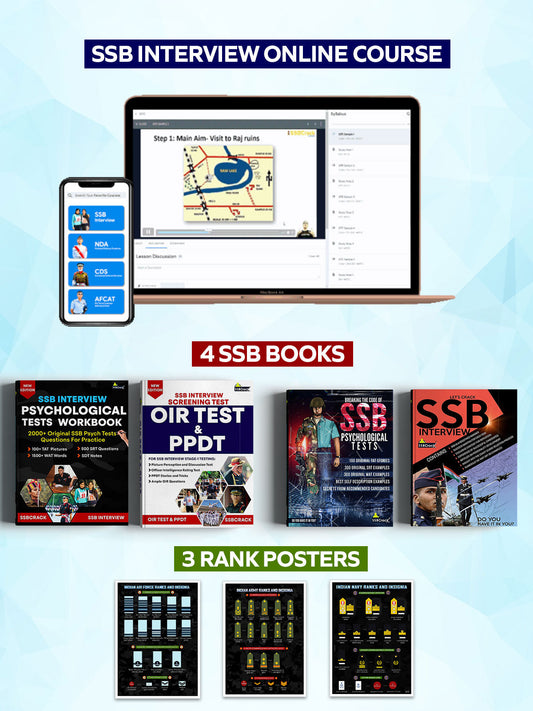
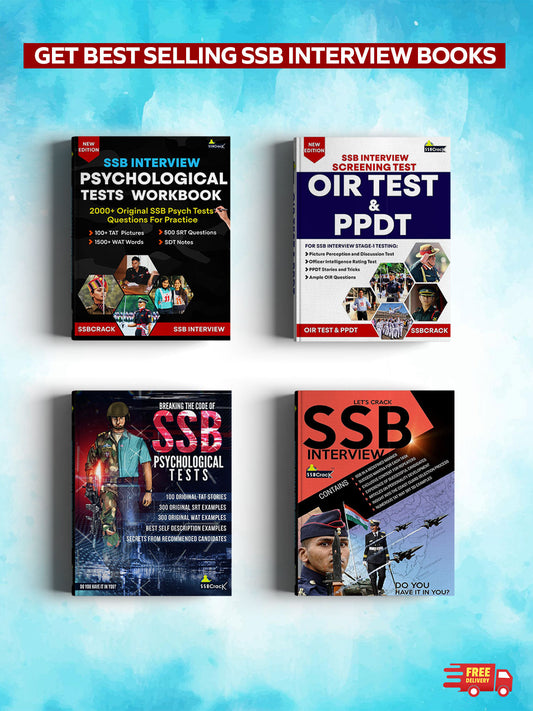
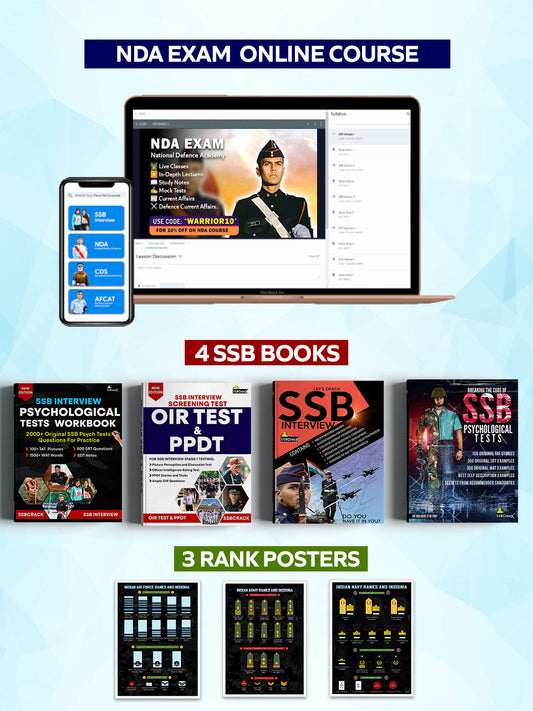
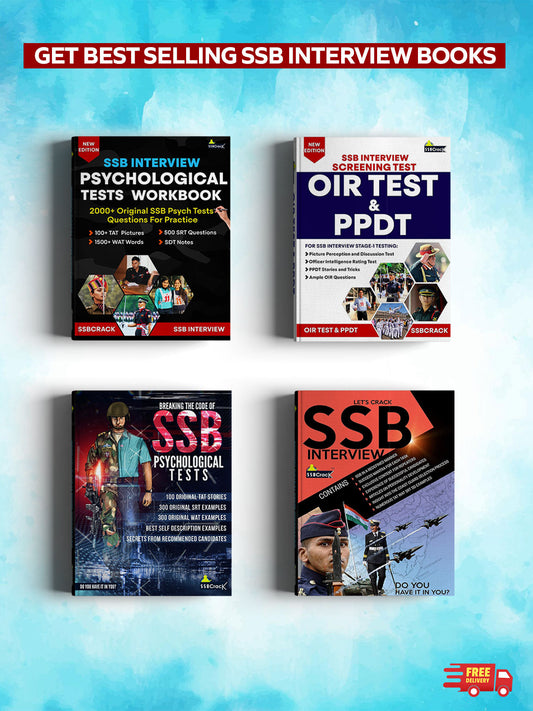
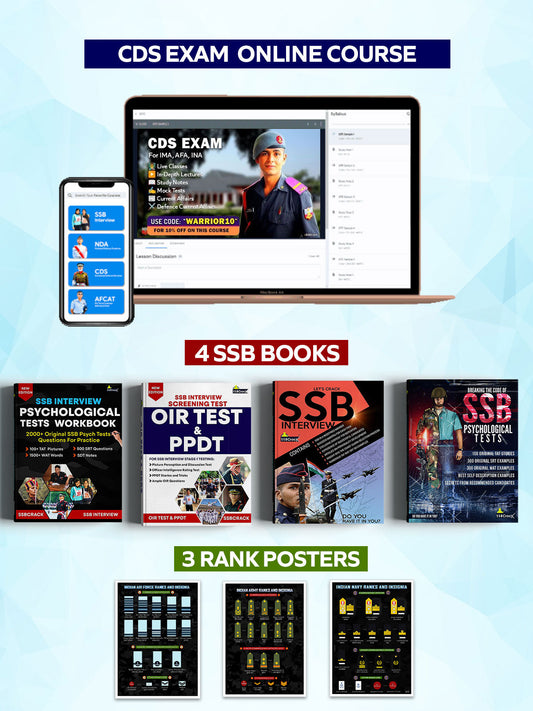
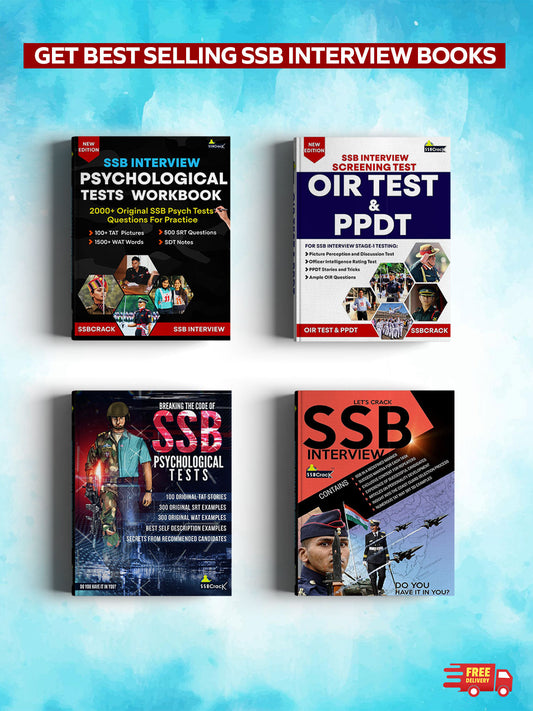
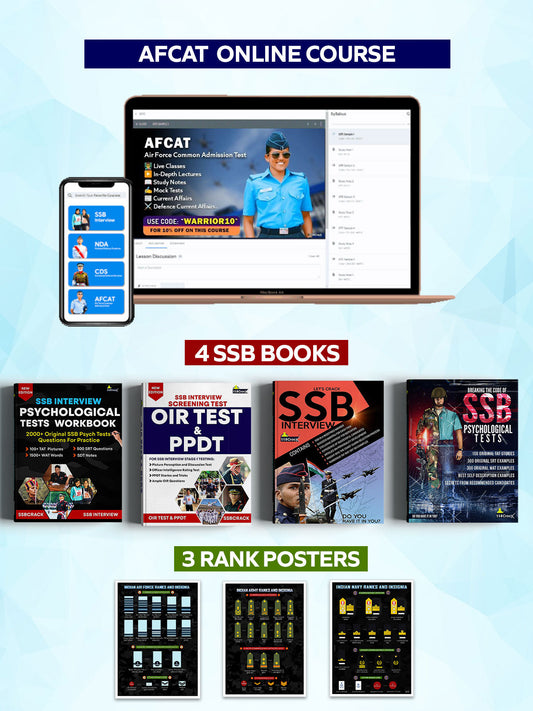
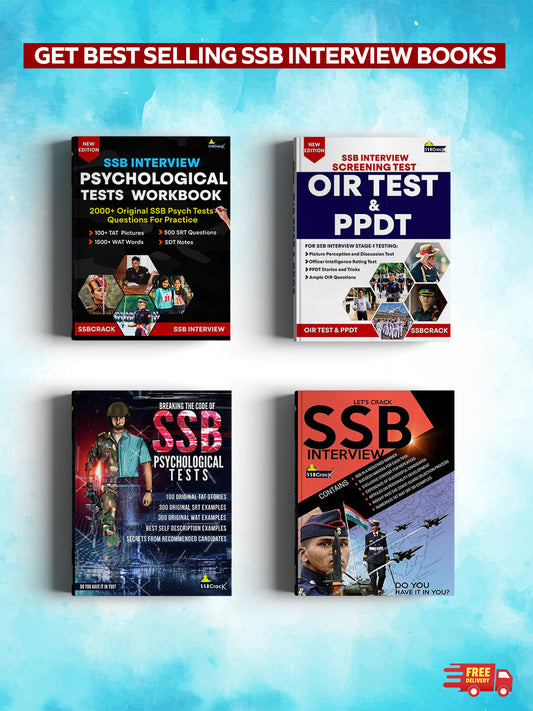
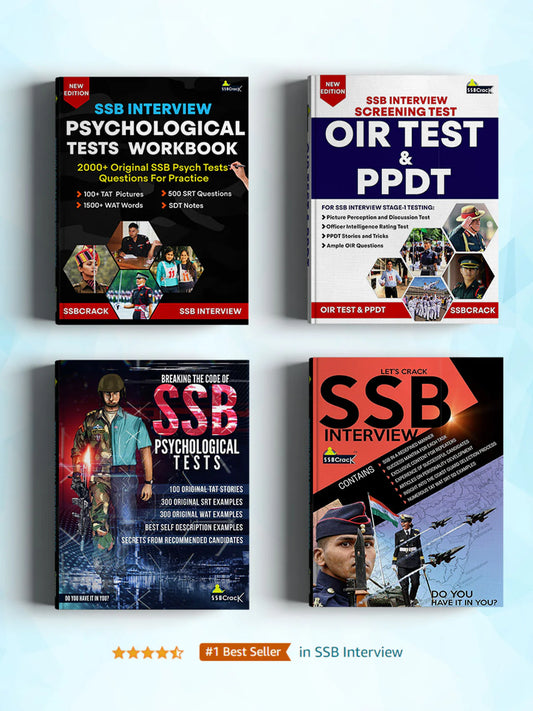

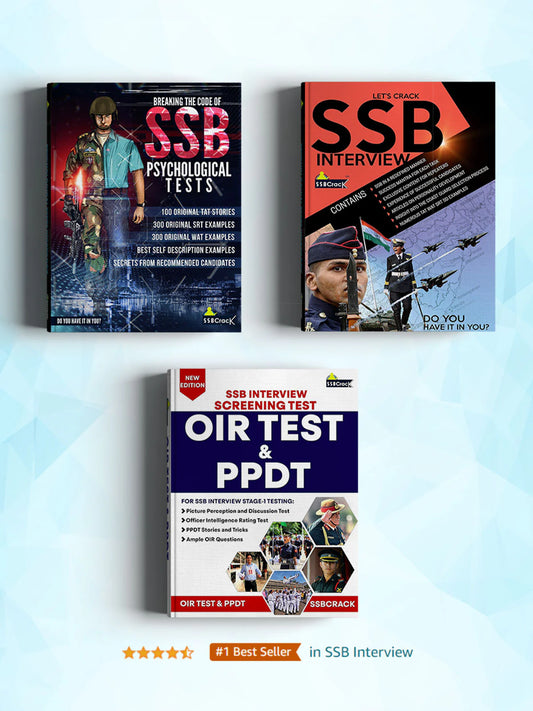

![Let's Crack SSB Interview Book [Paperback]](http://shop.ssbcrack.com/cdn/shop/files/ssb-books.webp?v=1736351621&width=533)

